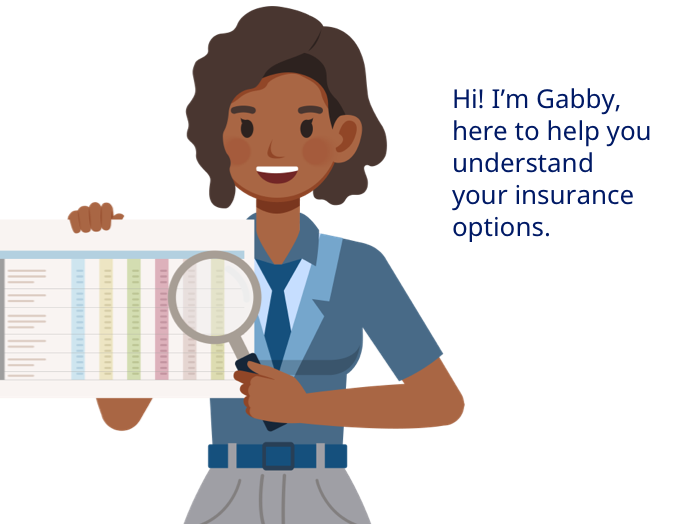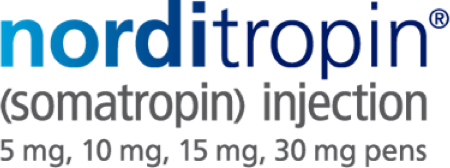- you have a critical illness caused by certain types of heart or stomach surgery, trauma or breathing (respiratory) problems
- you are a child with Prader-Willi syndrome who is severely obese or has breathing problems including sleep apnea (briefly stop breathing during sleep)
- you have cancer or other tumors
- you are allergic to somatropin or any of the ingredients in Norditropin®
- your healthcare provider tells you that you have certain types of eye problems caused by diabetes (diabetic retinopathy)
- you are a child with closed bone growth plates (epiphyses)

We're here to support you
With NovoCare®, you can get help checking insurance coverage for your medication and may even be able to save on your out-of-pocket costs.

Choose the product you're interested in
Need help navigating insurance?
We can make health insurance easier to understand. From copays to deductibles, we explain common terms and tell you how health insurance works. You’ll also see tips to get the most out of your plan, or find a new one.




